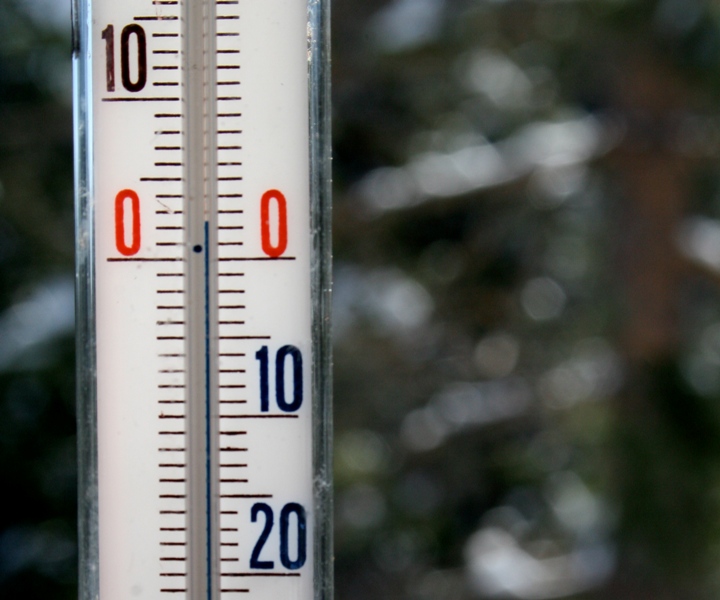Pakistani Cities Shiver as Rare Siberian Winds Bring Bitter Cold

Karachi, a city known for its sweltering summer heat, woke up to a chilly Friday, with the 'Quetta Wind' from Siberia sweeping through the region, bringing biting temperatures and frigid conditions. The cold winds have resulted in a significant drop in temperature, with Karachi recording a minimum temperature of 12.4 degrees Celsius and a maximum of 25.4 degrees Celsius, a 0.6 degree decrease from the previous day.
The winds, which originated in the icy planes of Siberia, traversed Central Asia, and then reached Pakistan through Quetta, causing the temperature to plummet. The strong northeasterly winds are expected to continue on Saturday, with the Met Department forecasting dry and chilly weather in Karachi, and temperatures expected to drop to 11°C in the next 24 hours. The city is experiencing winds from the northeast at 10 km/h, humidity at 28%. Meanwhile, Quetta and surrounding areas are facing overcast skies, extreme cold, and dryness, with frozen water on roads and frozen temperatures in mountainous areas.
The Sindh province is bearing the brunt of the cold weather, with the lowest temperature recorded at 2.5 degrees in Tando Jam. Balochistan's districts are facing severe cold conditions, with no immediate relief in sight. Low gas pressure is affecting citizens in Quetta, Ziarat, and Kalat, adding to the difficulties faced by residents amidst freezing temperatures. The Pakistan Meteorological Department has warned of even colder temperatures, with Karachi expected to drop as low as 11°C.
As the 'Quetta Wind' shows no signs of abating, residents are advised to stay warm and take necessary precautions to protect themselves from the harsh weather conditions. The cold snap is expected to continue for an extended period, with temperatures remaining low until a change in wind direction occurs. The Pakistani government and authorities are urged to take steps to mitigate the impact of the cold weather on vulnerable populations, such as the elderly and those living in poverty.